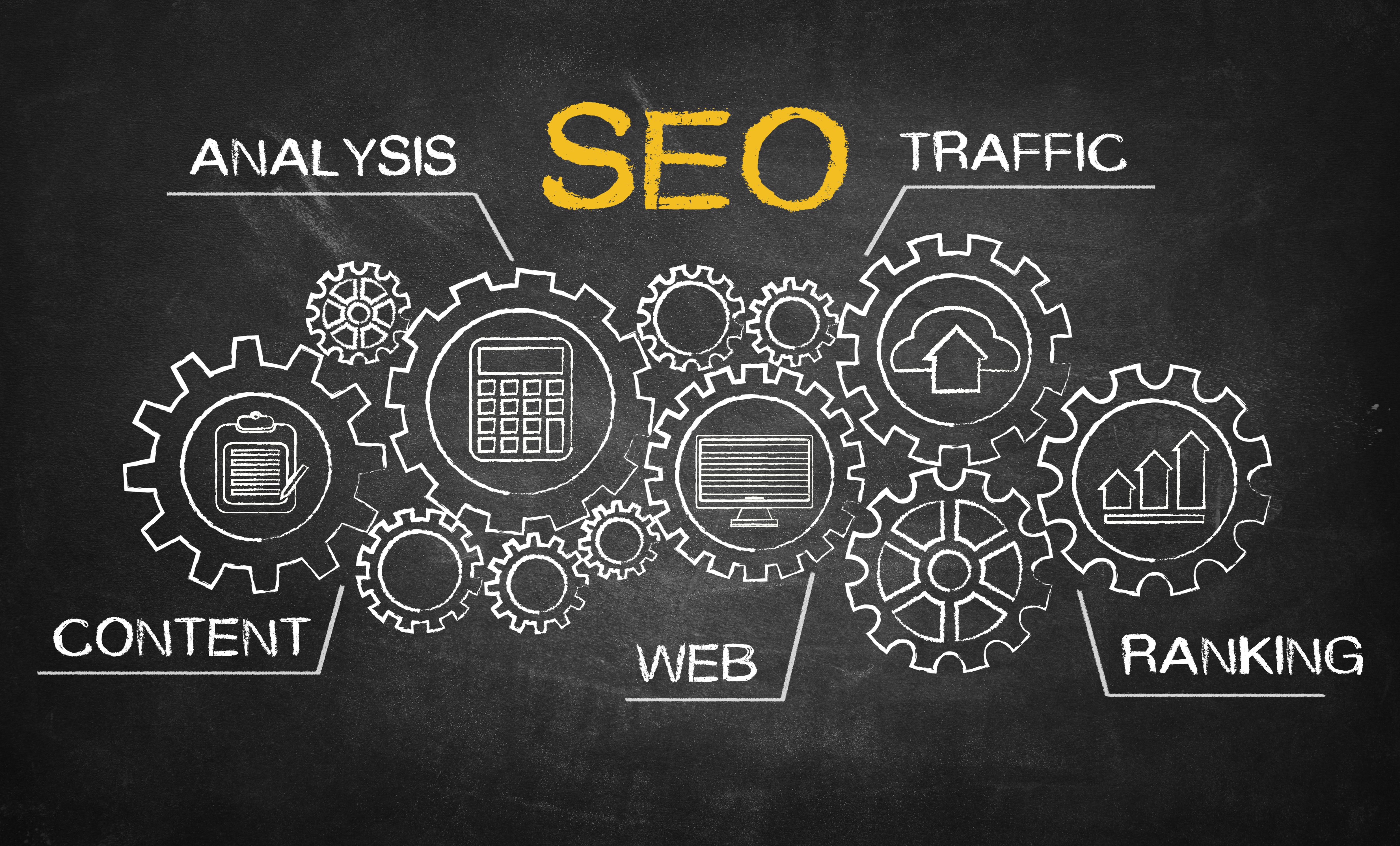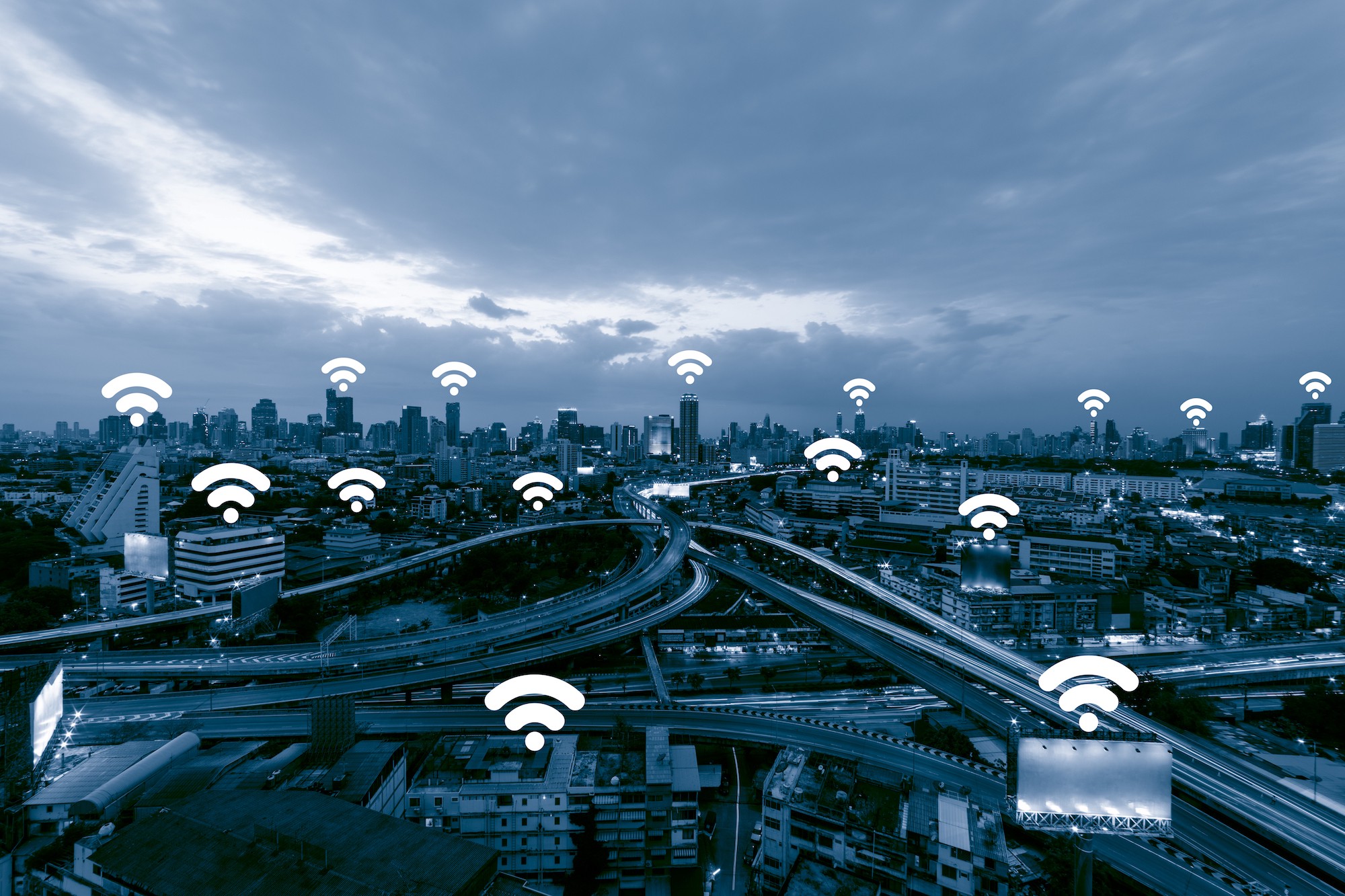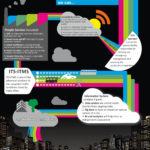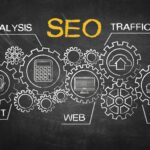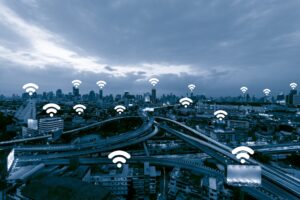
12 April, 2021blog
Yesterday’s science fiction is today’s science fact. Real-life technological advancements in sensors, inference engines at the network’s edge and artificial intelligence and machine learning are adding remarkable intelligence to cities.
And those cities are about to get even smarter.
Thanks to an infusion of support at the federal level, public-private partnerships and the continued development of diverse AI applications, cities will be able to significantly improve traffic flow, ensure resources are available, speed emergency response and more. To accomplish these goals, smart city connected devices must be able to analyze information very quickly — more quickly, in fact, than is currently practical with traditional processors, networks, clouds and data centers.
Municipalities’ opportunities to leverage AI could soon get a boost as a result of the the American AI Initiative. An executive order signed by President Donald Trump in February 2019, the initiative will “play an important role not only in facilitating AI R&D, but also in promoting trust, training people for a changing workforce, and protecting national interests, security, and values.”
All of this is a great sign for the growth of smart city initiatives. With this commitment to AI, the U.S. is acknowledging the power the technology has to transform everyday lives. What better place to start than in America’s cities and towns?
How AI will manifest in smart cities
Many cities and towns are already using AI to drive their smart city efforts. San Diego, for example, has installed sensors on streetlights to collect and transmit data as part of the largest smart city platform in the world. The metadata collected by intelligent sensors and processed with AI is to improve traffic congestion and parking, analyze environmental impacts, enhance public safety and more.
In its use of AI and the internet of things to improve city services, San Diego offers a clear and ambitious glimpse of the potential for data to transform cities. AI and predictive analytics can process data collected from devices placed at various intersections throughout a city, giving transportation managers insights into traffic patterns so they can manage traffic flows as necessary. First responders can use AI to analyze data collected from drones, sensors and 911 calls to improve response times in emergencies.
The importance of real-time processing at the edge
For these initiatives to come to fruition, intense, real-time data processing must take place at the edge of the network rather than in a traditional data center. Processing data at the edge allows the AI model to make the instant inferences required for near-real time applications.
For example, an AI engine included in a self-driving car operates at the network edge in order to make immediate decisions about objects in its path. If the car waits for the information to be sent to a data center or cloud, processed and then returned, it will not be able to react quickly enough to avoid a potential hazard. Instead, the sensor data must be fed into the car’s analysis system in real time. That can only happen by bringing the power of the data center to the network’s edge.
New technologies, such as 5G telecommunications networks, are critical to this effort. 5G networks’ gigabit speed, low latency and high reliability provide the ideal conduit for the transfer and processing of complex datasets. The potent combination of edge computing and 5G networks will allow cities to optimize virtually every aspect of their operations, from improving traffic to boosting energy efficiency, enabling many smart city use cases and services.
As the U.S. confirms its commitment to AI development, the technology will undoubtedly become an even bigger part of the fabric of our everyday lives, although we may never realize it. Ultimately, our traffic will flow a little smoother, cities will be a little safer and emergency response a bit quicker.

